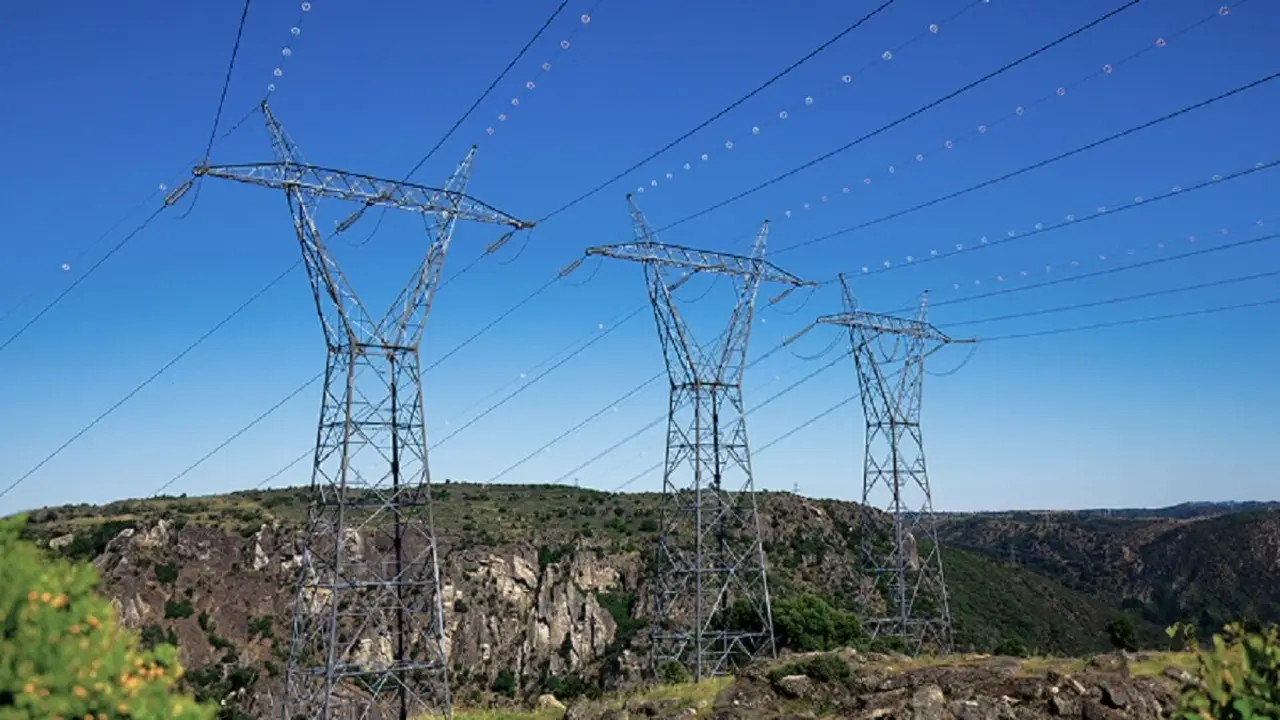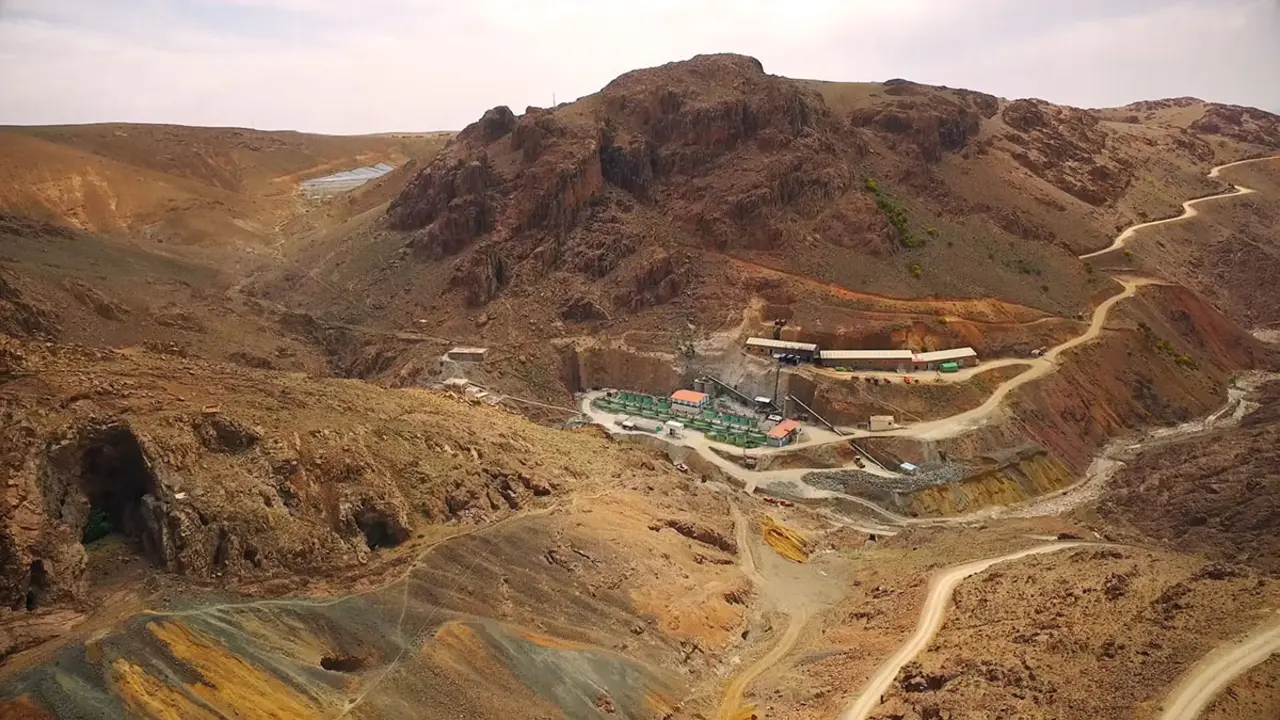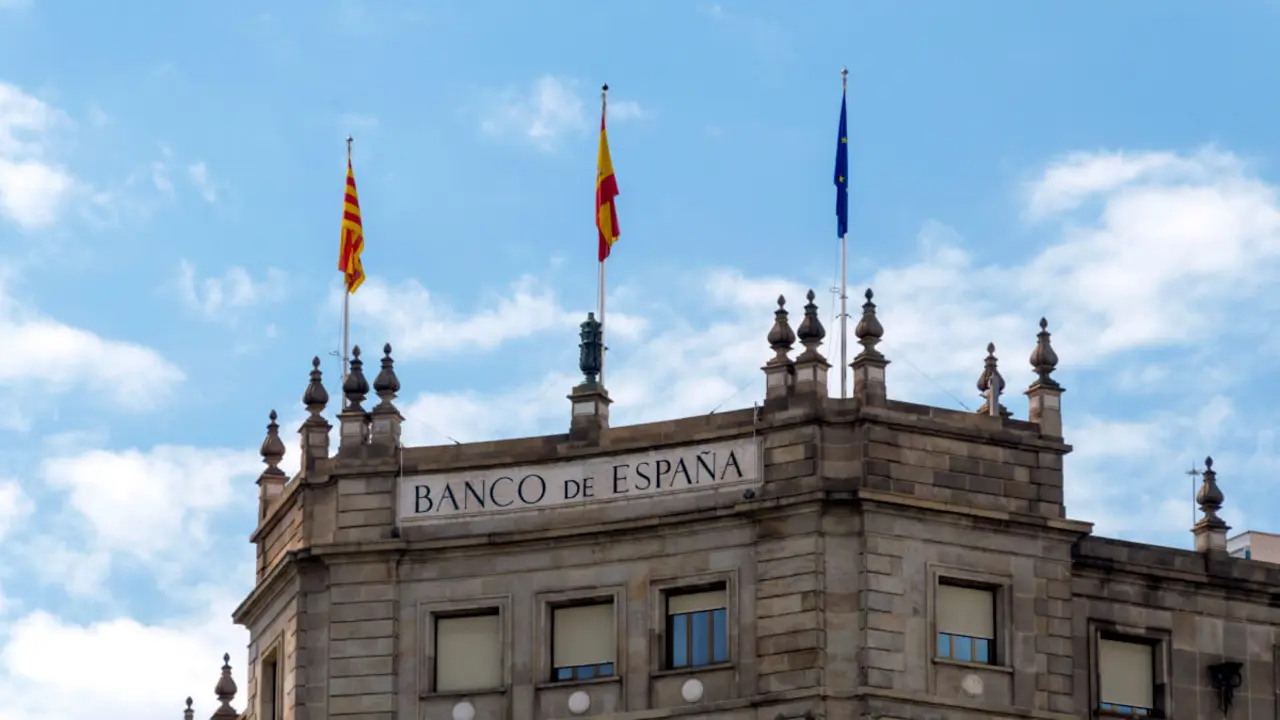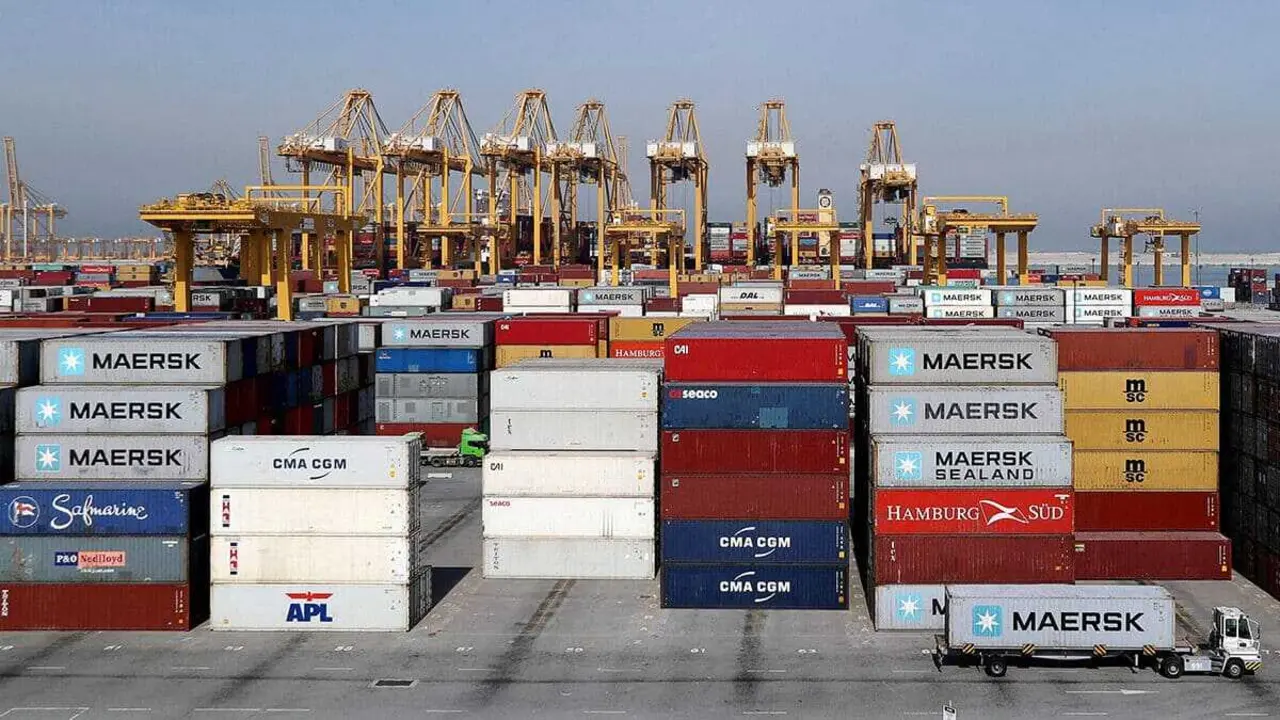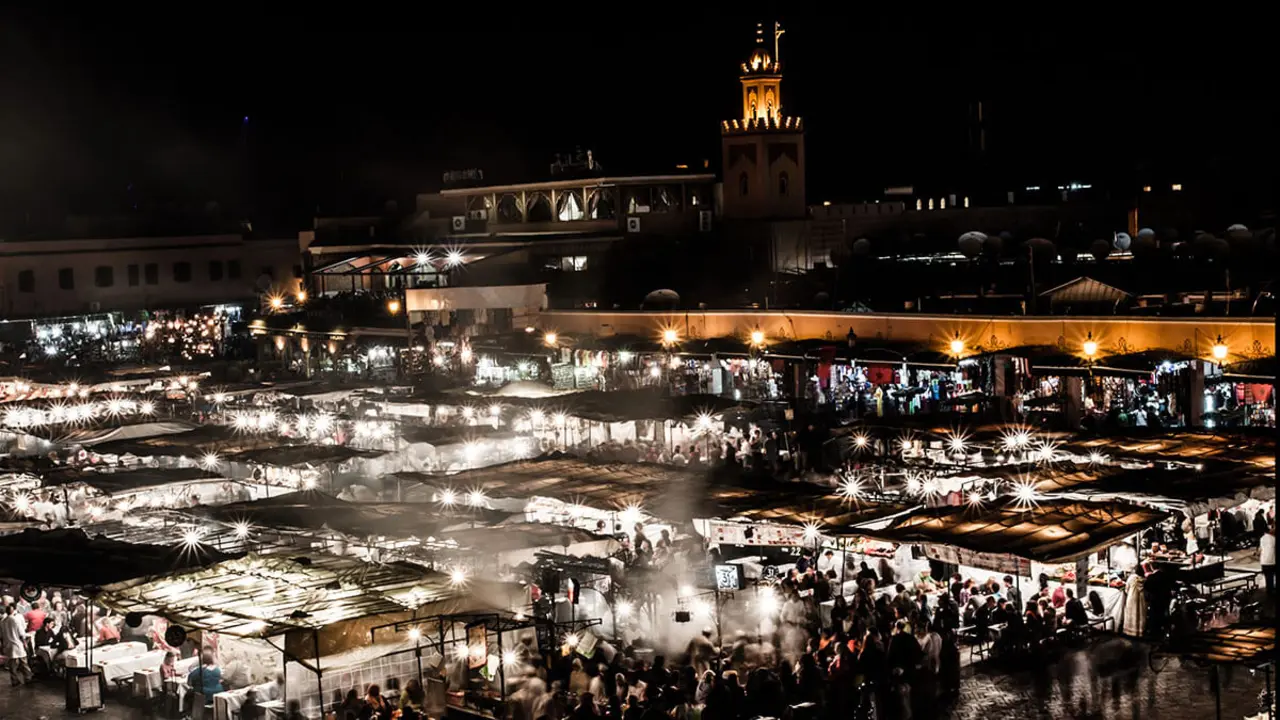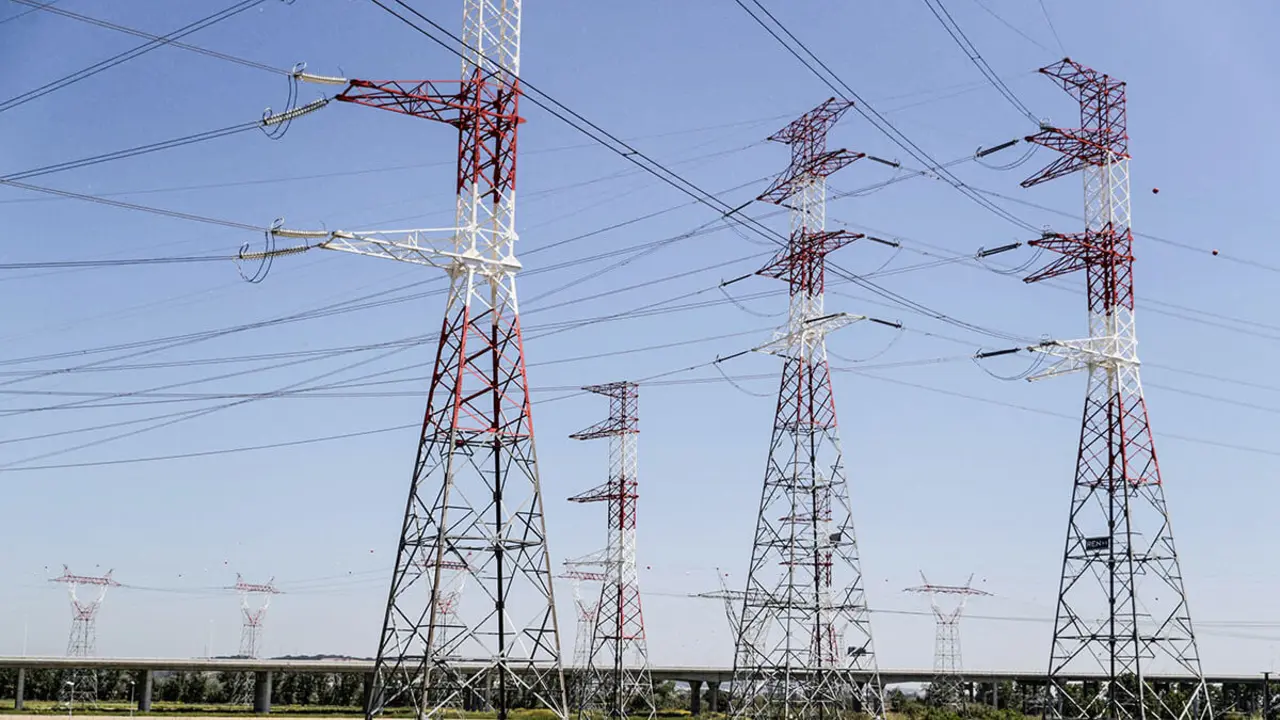The desalination plant that ACCIONA is building in Jebel Ali for DEWA, at 70 percent
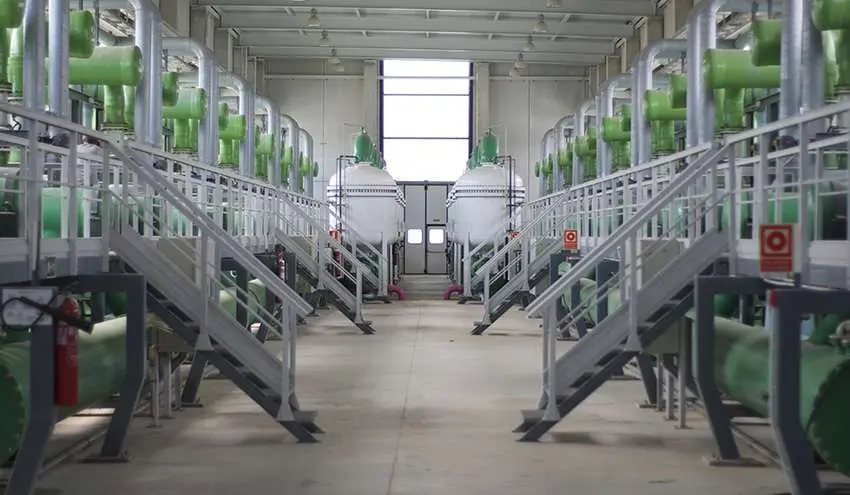
The construction of DEWA's Jebel Ali desalination plant in Dubai has recorded three million man-hours without any lost time injuries (LTI), when 70% of its construction has been completed. This achievement demonstrates the commitment of DEWA, the engineering company ILF and the consortium formed by ACCIONA and BESIX to risk prevention and the implementation of measures to ensure the health and safety of all workers involved in the project. This milestone has also been achieved in strict compliance with all international and local protocols established to mitigate the COVID-19 pandemic. ACCIONA and BESIX are collaborating on the construction of the Jebel Ali Seawater Reverse Osmosis (SWRO) desalination plant under a 'Design and Build' or 'EPC' contract, which will produce 183,000 cubic metres of drinking water per day. The plant's production will supply a population of 500,000, making it one of the largest in the United Arab Emirates.
Construction is scheduled to be completed by the end of 2020. This milestone is the result of teamwork between the client, the engineering company and the construction consortium. Several Health and Safety (HSE) measures have been implemented, such as specific training for personnel involved in activities with a certain level of risk (working at heights, safe driving and working in enclosed spaces), as well as other initiatives to strengthen Health and Safety management (reporting of hazardous situations, inspections and audits, proper storage of chemicals, etc.).
Preventive measures also include, among many others, regular coordination meetings with subcontractors, weekly visits to review the progress of the work and the recording of data from training scheduled during construction. All of this makes it possible to identify risk situations early on and thus prevent occupational accidents from occurring.
"Reaching 3 million man-hours without LTIs is an important milestone for a project of this magnitude, and it has been achieved thanks to the cooperation of all the companies involved and their awareness of occupational health and safety procedures," said ACCIONA's Project Manager, Javier Nieto.
In the words of Jesús Sancho, ACCIONA's General Manager for the Middle East, "this achievement shows that important and ambitious goals can be achieved without putting the health and safety of all our employees and all those involved in construction at risk. It is a fundamental milestone and one that we are very proud of, as it demonstrates our commitment to respecting the objectives of our client and the local authorities". In 2040, total desalinated water production in the Middle East region will be 13 times higher than in 2014, according to ACCIONA's latest Sustainability Report.
In a region with severe water shortages, demand for desalinated water is growing in response to climate change and population growth. The Dubai 2050 Clean Energy Strategy has set a target of reducing its carbon footprint to one of the world's smallest by 2050, which will require increasingly efficient desalinated water production. ACCIONA desalinates water with the most efficient reverse osmosis technology. This technology involves approximately 6.5 times fewer greenhouse gas emissions than thermal desalination technologies.


